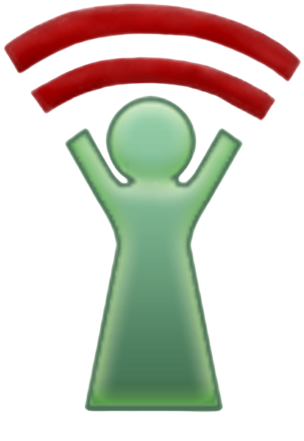About us
Latvian Protect the Children (formerly Latvian Save the Children, until 2014) is a children’s rights protection organization that functions in Latvia since 1990.
The basal principle upon which Latvian Protect the Children (LPC) functions: to strive to secure child rights where the country or regional governments have failed to do so. Historically, that is why LPC has operated with a broad scope; from bringing the idea of child rights to the country, translating the ANO convention on child rights, presenting it to the parliament, TV broadcasts and TV marathons for a period of 12 years, large charity projects in the early 90s, to the greatest involvement in legislative initiative. Latvian Protect the Children is a typical pilot-project organization, which, with its volunteers, fills the empty gaps and niches in society. LPC founded the first support hotline for children, the first rehabilitation centre for children who have suffered from sexual violence, the first books about children about taking care of disabled children, created a help system for children in prison, and began a long-lasting campaign for the protection of children against all kinds of violence.
After LPC’s initiative and active involvement, the first governmental child protection structure, was created. This included the Ministry of Childrens’ and Family’s Affairs, as well as the State Childrens’ Rights Protection Inspection (Which, in 2004 practically took on the majority of pilot-projects initiated by LPC under its wing). This coincidence was well timed, as of 2004, upon Latvia’s entrance into the European Union, the main sponsors and long-term partners of Latvian Protect the Children lost the rights to support us. The international society awaits of the Latvian government that after entering the European Union, it should entirely fend for human rights, and finance organizations that protect peoples’ interests, on its own.
Latvian Protect the Children isn’t a duplicate of any official service provider, nor does it fulfill the responsibilities/duties of any other NGOs, but tries to offer help to children, who have not received this help from official institutions for any reasons, such as incompetence, neglect, or unwillingness.
 Latvian Protect the Children
Latvian Protect the Children